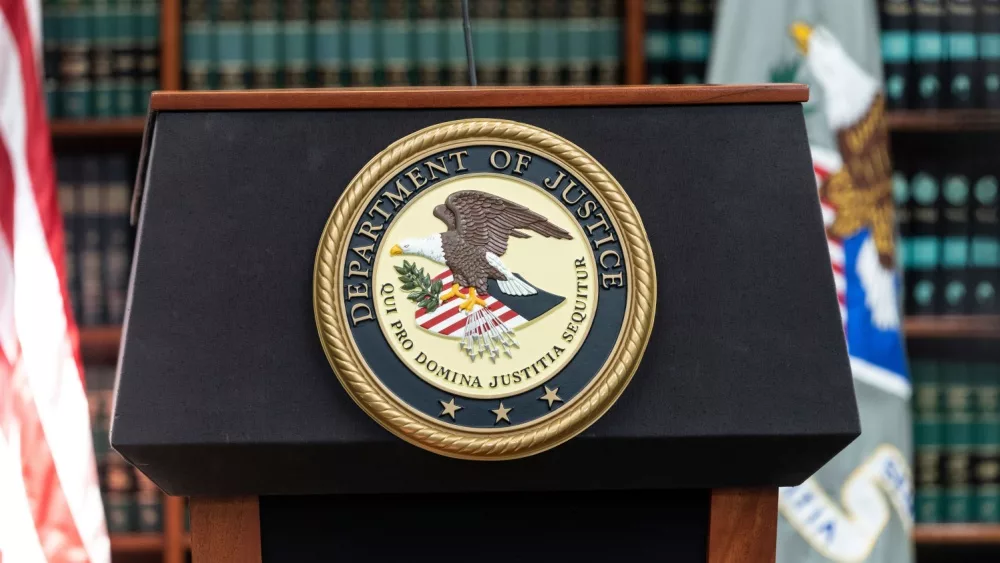KANSAS CITY, Mo. (AP) — Strong opposition from law enforcement groups has contributed to Kansas lawmakers’ hesitation to legalize medicinal or recreational marijuana even as surrounding states have done so.
The Kansas News Service reports that three of Kansas’ neighbors — Colorado, Oklahoma and Missouri — have legalized some form of marijuana in recent years. Kansas is one of four states without a comprehensive medical or recreational marijuana program.
According to the Kansas Health Institute, a nonprofit health policy think tank, lawmakers have introduced 18 medical marijuana bills since 2006. One got a hearing at the Statehouse this year, but it didn’t receive a vote after opposition from law enforcement.
“I only ask that you give deference to the experience, to the opinions of the law enforcement community,” testified Kirk Thompson, director of the Kansas Bureau of Investigation, the top law enforcement agency in the state. “We’ve seen the negative side of this issue.”
Many of the state’s law enforcement agencies and organizations say that even medical marijuana would increase car accidents and violent crime. They say marijuana is inherently tied to violence, especially from Mexican cartels.
“In every way, marijuana is driving up public health and public safety concerns,” said Jeffrey Stamm, executive director of the Kansas City-based Midwest High Intensity Drug Trafficking Area, under the Office of National Drug Control Policy. “In terms of the psychopharmacology, the economic, the criminal, the social costs of marijuana use, cops, in fact, are the experts.”
Kansas Highway Patrol Lt. Chris Bauer, who teaches officers how to recognize drivers impaired by drugs, said the patrol has seen more drivers on pot. The Patrol says 62% of lab tests of impaired drivers in 2018 came back positive for THC, the chemical in marijuana that creates a high. Two years earlier, 54% of labs found traces of the drug. Bauer said he thinks it’s a result of shifting social attitudes about marijuana and changed laws in surrounding states.
State Sen. David Haley, a former prosecutor who supports medical marijuana, said he thinks officers want to keep marijuana illegal as a pretext to stop and search people.
Brian Leininger, another former prosecutor who now works as a defense attorney in DUI cases, agrees.
“Police and other government officials have a lot of social capital,” he said. “They want the status quo. They make their living enforcing the drug laws.”







